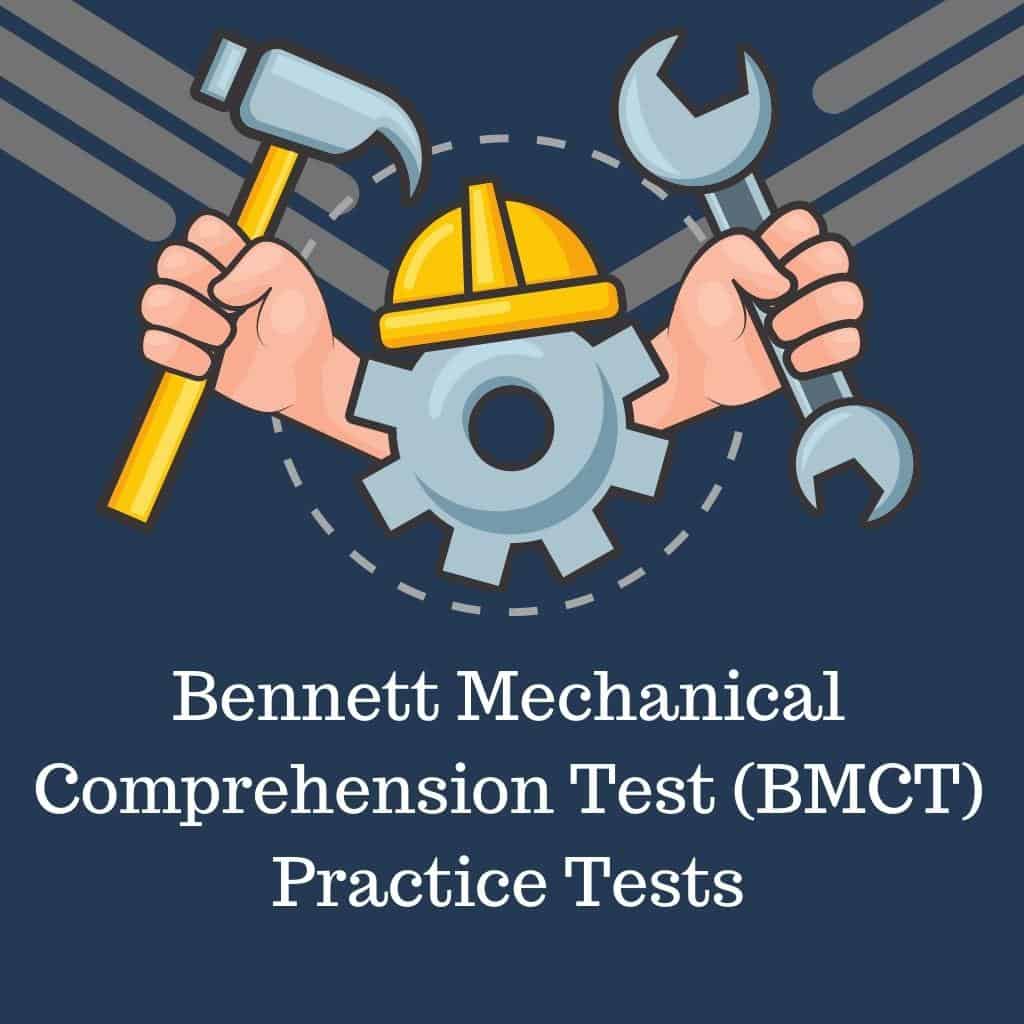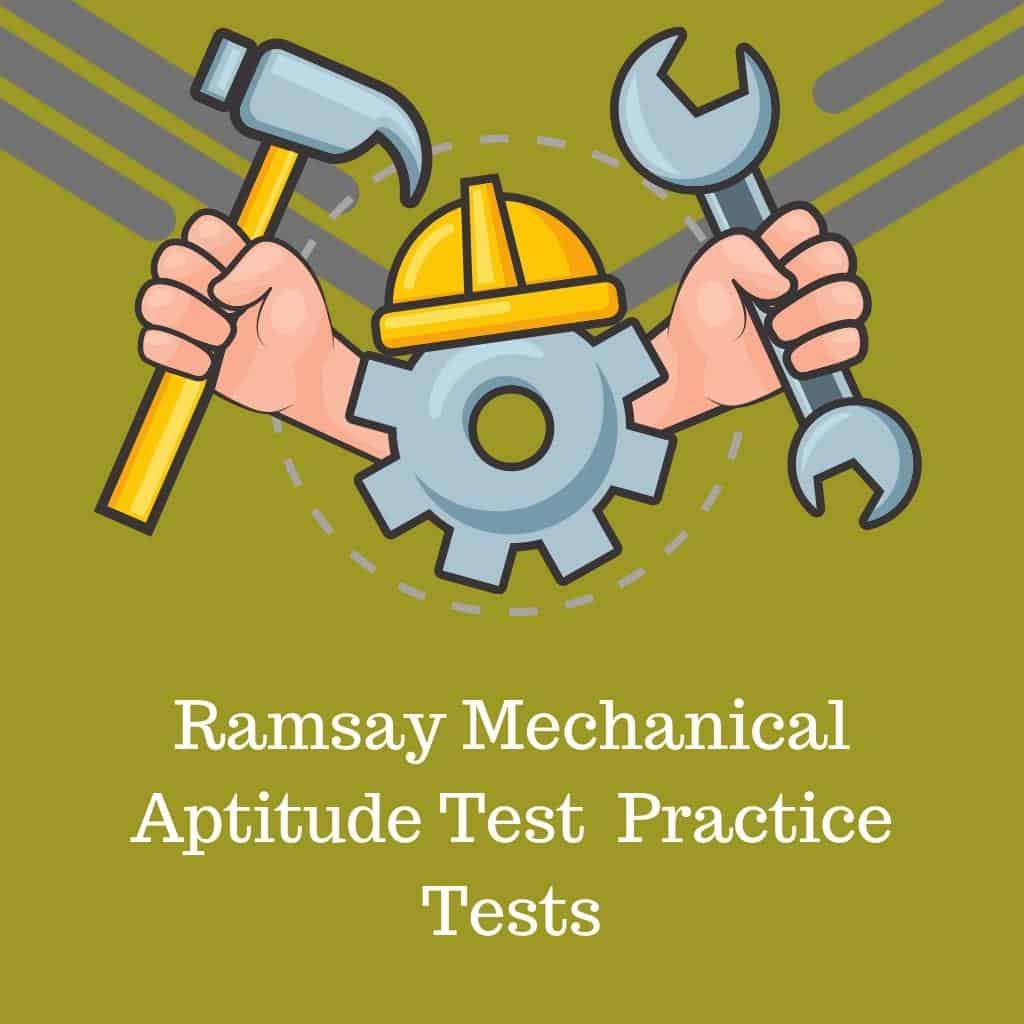Hey there, future energy industry professional! If you're reading this, it's likely that you're preparing to take the Edison Electric Institute (EEI) Exam, a critical step towards launching or advancing your career in the energy sector. This guide is designed to be your mentor and companion on this journey, offering detailed advice, tips, and resources to help you succeed. So, let's get started!
The energy industry is a vital part of our modern world, powering our homes, businesses, and communities. As the industry continues to evolve and grow, there is an increasing demand for skilled and dedicated professionals. That's where the EEI Exam comes in.
The Edison Electric Institute (EEI) Exam is a series of tests designed to assess the aptitude, skills, and knowledge of candidates seeking positions in the energy industry. These exams are used by utility companies and energy providers across the United States to evaluate potential hires and ensure that they have the necessary skills to excel in their roles. By passing the EEI Exam, you demonstrate your competency and dedication, making you a more attractive candidate to potential employers.
Looking for prep material?
Find over eight types of Edison Electric Institute Exam below!
The EEI Exam consists of several different tests, each designed for specific roles and responsibilities within the energy industry. The main tests include:
- CAST (Construction and Skilled Trades) – Designed for those seeking positions in the construction, maintenance, and repair of utility infrastructure.
- MASS (Power Plant Maintenance Positions Selection System) – For candidates pursuing roles in power plant maintenance.
- POSS (Power Plant Operator Selection System) – Aimed at those interested in power plant operator positions.
- TECH (Technical Occupations Selection Test) – For applicants pursuing technical roles such as engineering and design.
- SASS (Support and Administrative Selection System) – Designed for candidates seeking support and administrative roles in the energy industry.
Each test has a unique structure and format, typically including multiple-choice questions that cover a range of subjects, such as mechanical concepts, mathematical reasoning, reading comprehension, and more. The tests are timed, and your performance will be evaluated based on your ability to answer the questions correctly and efficiently.
The goal of this guide is to provide you with a comprehensive and detailed roadmap to help you prepare for and pass the EEI Exam. From understanding the exam's structure and content to developing an effective study plan, we'll cover everything you need to know to approach the exam with confidence. We'll also share tips for staying focused and calm on exam day and provide resources for further learning and professional development.
By using this guide as your mentor, you'll be well-equipped to tackle the EEI Exam and take a crucial step towards a successful and rewarding career in the energy industry. So, let's dive in and start your journey to exam success!
Understanding the Edison Electric Institute Exam
To effectively prepare for the EEI Exam, it's crucial to have a deep understanding of the different test types, their format and structure, and the scoring and passing criteria. In this section, we'll dive into each test type in detail and provide an overview of what you can expect on exam day.
Types of EEI tests
- CAST (Construction and Skilled Trades) - Find Study Material Here
The CAST test is designed for candidates seeking positions in construction, maintenance, and repair of utility infrastructure. It measures your aptitude in four key areas:
- Graphic Arithmetic: This section tests your ability to solve arithmetic problems using visual aids like graphs, diagrams, and charts.
- Mechanical Concepts: This part of the exam evaluates your understanding of mechanical principles, such as levers, pulleys, and gears.
- Reading for Comprehension: In this section, you'll be presented with reading passages and asked questions to assess your ability to understand and interpret the information provided.
- Mathematical Usage: This portion of the exam measures your mathematical problem-solving skills, including basic arithmetic, algebra, and geometry.
Find a detailed guide on the CAST test here: How to pass the CAST test
- MASS (Power Plant Maintenance Positions Selection System) - Find Study Material Here
The MASS test is designed for candidates pursuing roles in power plant maintenance. It consists of four sections:
- Mechanical Concepts: This section assesses your understanding of mechanical principles, such as force, motion, and energy.
- Spatial Ability: This part of the exam measures your ability to visualize and manipulate objects in three-dimensional space.
- Reading Comprehension: In this section, you'll be asked to read passages and answer questions to demonstrate your ability to understand and interpret written information.
- Mathematical Usage: This portion of the exam evaluates your mathematical problem-solving skills, including basic arithmetic, algebra, and geometry.
Find a detailed guide on the MASS test here: How to pass the MASS test
- POSS (Power Plant Operator Selection System) - Find Study Material Here
The POSS test is aimed at candidates interested in power plant operator positions. It is divided into five sections:
- Mechanical Concepts: This section tests your understanding of mechanical principles, such as force, motion, and energy.
- Spatial Ability: This part of the exam measures your ability to visualize and manipulate objects in three-dimensional space.
- Reading Comprehension: In this section, you'll be asked to read passages and answer questions to demonstrate your ability to understand and interpret written information.
- Mathematical Usage: This portion of the exam evaluates your mathematical problem-solving skills, including basic arithmetic, algebra, and geometry.
- Figural Reasoning: This section measures your ability to identify patterns, relationships, and sequences in visual information.
Find a detailed guide on the CAST test here: How to pass the POSS test
- TECH (Technical Occupations Selection Test) - Find Study Material Here
The TECH test is designed for applicants pursuing technical roles, such as engineering and design. It consists of four sections:
- Mechanical Concepts: This section assesses your understanding of mechanical principles, such as force, motion, and energy.
- Spatial Ability: This part of the exam measures your ability to visualize and manipulate objects in three-dimensional space.
- Reading Comprehension: In this section, you'll be asked to read passages and answer questions to demonstrate your ability to understand and interpret written information.
- Mathematical Usage: This portion of the exam evaluates your mathematical problem-solving skills, including basic arithmetic, algebra, and geometry.
- SASS (Support and Administrative Selection System) - Find Study Material Here
The SASS test is designed for candidates seeking support and administrative roles in the energy industry. It includes six sections:
- Verbal Ability: This section measures your ability to understand and interpret written information.
- Analytical Thinking: This part of the exam evaluates your ability to analyze and solve complex problems.
- Mathematical Usage: This section tests your mathematical problem-solving skills, including basic arithmetic, algebra, and geometry.
- Clerical Speed and Accuracy: This portion of the exam measures your ability to accurately and efficiently perform clerical tasks.
- Coding: This section assesses your ability to interpret and apply codes or rules to various scenarios.
- Work Styles Questionnaire: This part of the exam evaluates your personal work preferences, attitudes, and behaviors, to determine how well you might fit into the organization and work culture.
Looking for prep material?
Find over eight types of Edison Electric Institute Exam below!
Test format and structure
Each EEI test has a unique format and structure, but they generally share some common features:
- Multiple-choice questions: All tests are composed of multiple-choice questions with four or five answer choices per question.
- Timed: Each test is timed, ranging from 20 minutes to 2 hours per section, depending on the test type.
- Administered online or in-person: Tests can be taken either online or at an authorized test center, depending on the preferences of the utility company or energy provider.
It's essential to familiarize yourself with the specific format and structure of the test you'll be taking to ensure you're adequately prepared for exam day.
Scoring and passing criteria
The scoring for EEI tests is based on the number of questions you answer correctly within the allotted time. There are no penalties for incorrect answers, so it's always better to guess than to leave a question blank.
Each utility company or energy provider sets its own passing criteria for the EEI tests, which may vary depending on the specific job position and requirements. Generally, a higher score indicates a better understanding of the tested subjects and a higher likelihood of success in the role. It's essential to check with the organization administering your test to determine the passing criteria for your specific situation.
To improve your chances of passing the EEI Exam, it's crucial to invest time and effort in understanding the test's content, format, and scoring system. This will enable you to develop a targeted and effective preparation strategy, increasing your likelihood of achieving a high score and securing a position in the energy industry.
The questions on the BMCT are designed to test your knowledge of several key areas in mechanical comprehension, including:
Preparing for the Edison Electric Institute (EEI) Exam
Proper preparation is the key to success on the EEI Exam. By understanding the test content and identifying your areas of strength and weakness, you can develop a targeted study plan to maximize your chances of passing the exam. In this section, we'll guide you through the process of familiarizing yourself with the test content and evaluating your current knowledge and skills.
Understand the test content
To begin, it's important to thoroughly review the test sections and sample questions for the specific EEI test you'll be taking. This will give you a clear understanding of the topics and question types you can expect on the exam. You can find detailed information on the test sections and sample questions on the official EEI website or in test preparation materials.
Here's a brief overview of the steps to review test sections and sample questions:
- Visit the EEI website or refer to test preparation materials for the specific test you'll be taking (e.g., CAST, MASS, POSS, TECH, or SASS).
- Carefully read the test descriptions and the content covered in each section of the test.
- Review the sample questions provided and attempt to answer them without referring to the answer key.
- Check your answers against the answer key to gauge your initial performance.
Identify areas of strength and weakness
Once you have reviewed the test sections and attempted the sample questions, it's time to assess your performance and identify your areas of strength and weakness. This is a crucial step, as it will help you focus your study efforts on the topics where you need the most improvement.
Follow these steps to identify your areas of strength and weakness:
- Analyze your performance on the sample questions, taking note of the questions you answered correctly and those you answered incorrectly or struggled with.
- Categorize the questions based on the test sections they belong to (e.g., Mechanical Concepts, Spatial Ability, Reading Comprehension, etc.).
- Identify the test sections where you performed well and those where you struggled or had a lower success rate.
- Reflect on your performance and consider any external factors that may have influenced it, such as fatigue, distractions, or lack of familiarity with the test format.
By identifying your areas of strength and weakness, you can create a targeted study plan that focuses on the topics and skills you need to improve. This will help you allocate your study time effectively and efficiently, ultimately increasing your chances of success on the EEI Exam.
Looking for prep material?
Find over eight types of Edison Electric Institute Exam below!
Develop a study plan
A well-crafted study plan is essential for effective and efficient preparation for the EEI Exam. By allocating sufficient time for preparation and breaking down the material into manageable chunks, you can ensure that you cover all the necessary content while maintaining a healthy balance between study and other life commitments. In this section, we'll guide you through the process of creating a personalized study plan that sets you up for success.
Allocate sufficient time for preparation
Before diving into the study materials, it's important to determine how much time you'll need to adequately prepare for the exam. The amount of time required will vary depending on factors such as your existing knowledge and skills, your learning style, and your availability for study.
Here's a step-by-step process for allocating sufficient time for preparation:
- Assess your current knowledge and skills: Reflect on the results of the sample questions you attempted earlier to gauge your current level of understanding of the test content.
- Estimate the amount of time needed: Based on your current knowledge and skills, estimate how much time you'll need to dedicate to studying each test section. Consider factors such as your learning speed, the complexity of the content, and any areas of weakness that may require extra attention.
- Create a study schedule: Determine your available study time each week, taking into account your work, family, and personal commitments. Then, create a study schedule that allocates your available study time to each test section, ensuring that you cover all the necessary content before the exam date.
- Set milestones and deadlines: Establish milestones and deadlines for completing specific sections or topics within your study plan. This will help you stay on track and monitor your progress throughout your preparation.
Break down the material into manageable chunks
To effectively study the test content, it's essential to break down the material into smaller, more manageable chunks. This will make it easier to absorb and retain the information, reducing the risk of feeling overwhelmed or burned out during your preparation.
Follow these steps to break down the material into manageable chunks:
- Identify the key topics and concepts: Review the test sections and the content they cover, identifying the main topics and concepts within each section. These topics and concepts will form the basis of your study plan.
- Organize the topics into a logical sequence: Arrange the topics and concepts in a logical order that makes sense to you. This could be based on the difficulty level, the order in which they appear in the test, or any other structure that helps you understand and remember the information.
- Divide the topics into smaller subtopics: Break down each main topic into smaller subtopics or learning objectives. This will make it easier to focus on specific aspects of the content and track your progress as you work through the material.
- Allocate study time to each subtopic: Estimate how much time you'll need to dedicate to each subtopic, considering factors such as your existing knowledge, the complexity of the content, and your learning speed. Then, allocate study time to each subtopic within your study schedule, ensuring that you cover all the necessary content before the exam date.
By developing a detailed study plan that allocates sufficient time for preparation and breaks down the material into manageable chunks, you'll be well-equipped to tackle the EEI Exam with confidence.
Looking for prep material?
Find over eight types of Edison Electric Institute Exam below!



